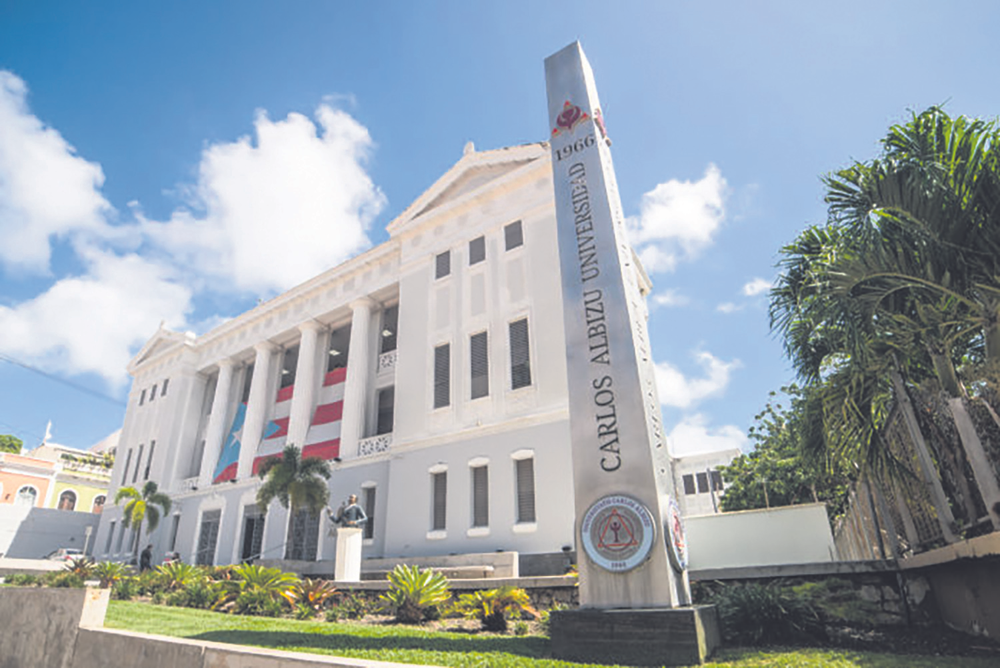
---
On Wednesday, the Middle States Commission on Higher Education (MSCHE) recognized institutions that provide “Reduced Credit” bachelor’s degrees and three-year options for bachelor’s degrees.
With an increasing number of colleges in Puerto Rico offering three-year bachelor’s degree programs, the MSCHE expressed its enthusiasm for institutional innovations, noting there are no specific stipulations regarding program duration.
For example, students at Columbia Central University and Albizu University in Puerto Rico can finish their degrees in three years.
“’Reduced Credit’ bachelor’s degrees, also known as the ‘Degree in Three,’ have attracted considerable media coverage and are becoming a more appealing choice for both students and institutions,” stated the MSCHE in a release. “We aim to highlight how our Commission’s Standards for Accreditation and Requirements of Affiliation, along with our policies and procedures, have historically supported three-year degree programs, which do not require our prior consent.”
While other accrediting bodies, systems, and states might impose specific mandates for various credential levels, the MSCHE clarified it has not set defined benchmarks for degree program durations. The MSCHE’s Standards for Accreditation and Requirements of Affiliation refer generally to program length. For instance, as stated in Standard III, the commission mandates that institutions showcase that student learning experiences exhibit rigor and coherence and that degree programs are allocated a reasonable approximate number of credit hours in relation to the workload completed by students.
The MSCHE, however, does not stipulate a requirement of 120 credit hours for a bachelor’s degree, unlike other entities, according to the organization.
According to the commission’s Standard III, adequate course content and program duration must align with the objectives of the degree or other credentials. The MSCHE’s Credit Hour Policy and Procedures are also pertinent, as institutions must demonstrate that educational offerings possess sufficient content, depth, and appropriate program length relative to the degree’s or credential’s goals. The methods for the assignment and granting of credit hours must adhere to widely accepted practices in higher education and comply with relevant laws and regulations applicable to the institution’s location.
“Institutions should be mindful that system or state rules often mandate requirements for degree programs,” stated the MSCHE. “As indicated in Standard II, the Commission necessitates that institutions adhere to any relevant governmental laws and regulations. Standard VI further outlines the expectation that institutions showcase compliance with their program duties under prevailing federal Title IV and other state regulations. The Commission also anticipates institutions to uphold their own policies and procedures regarding degree options and mandatory credit hours.”
